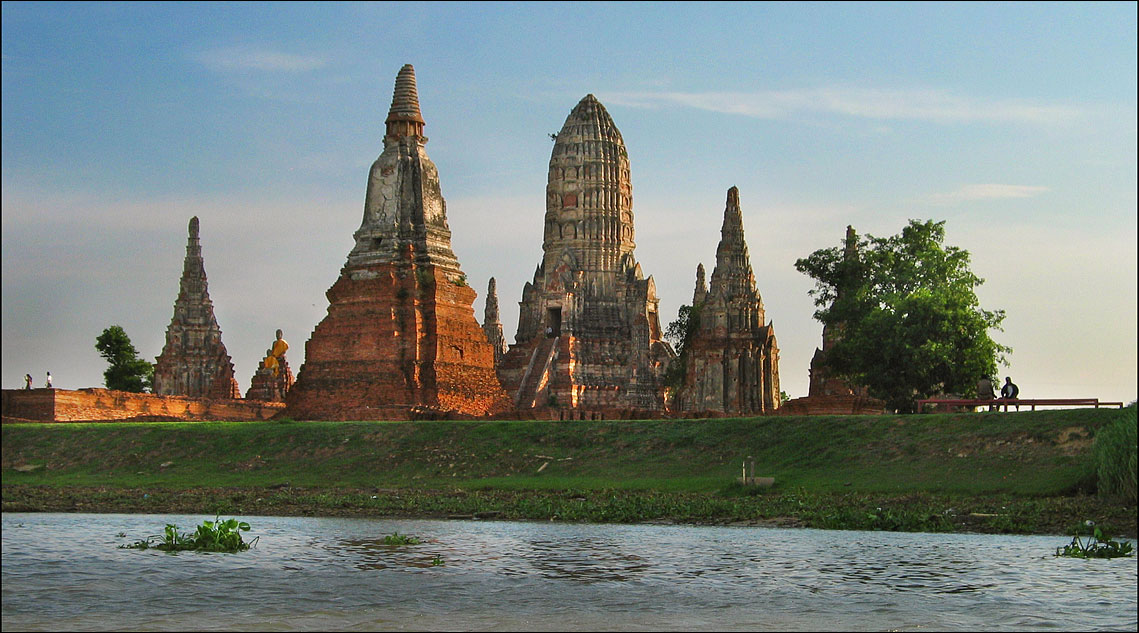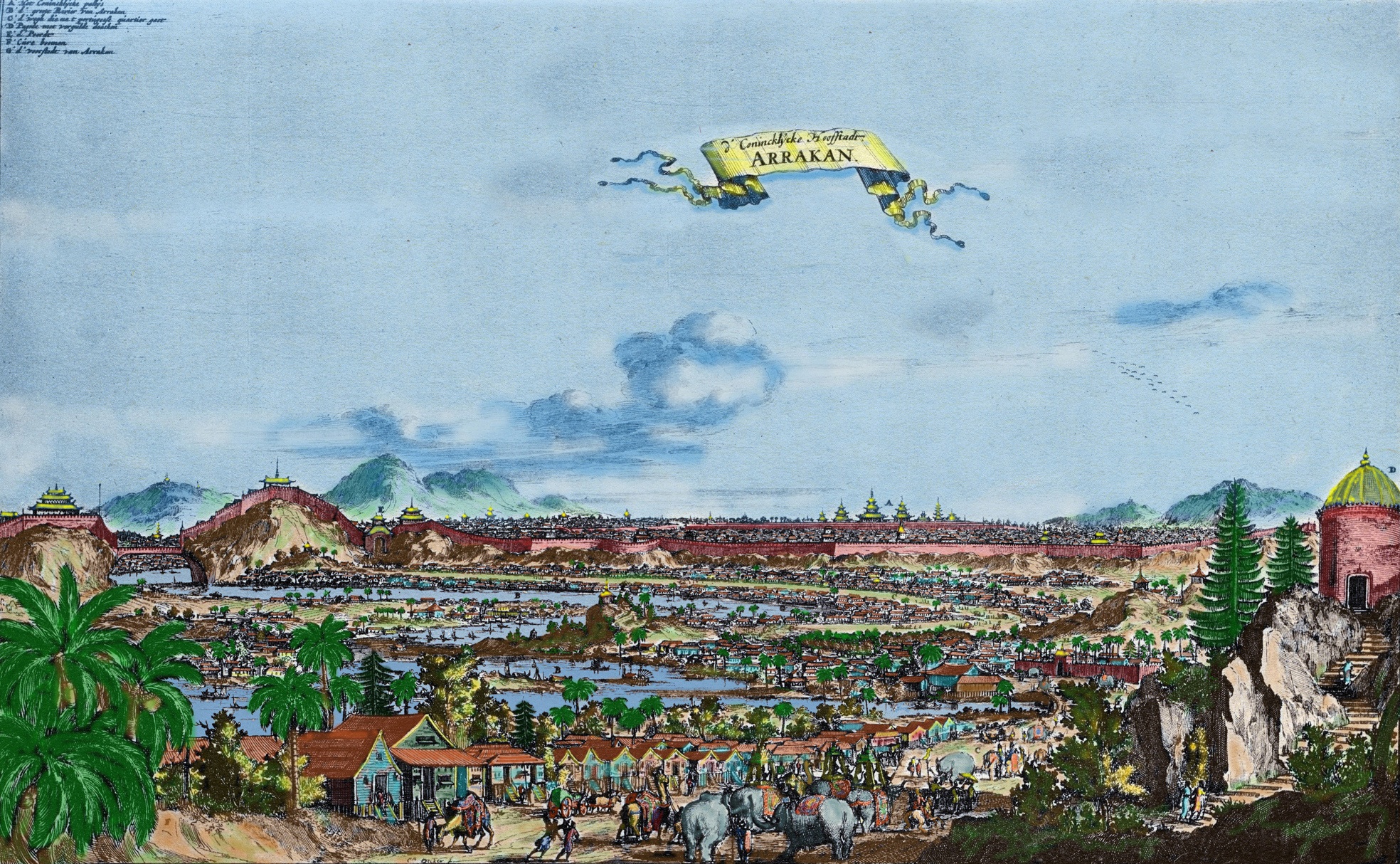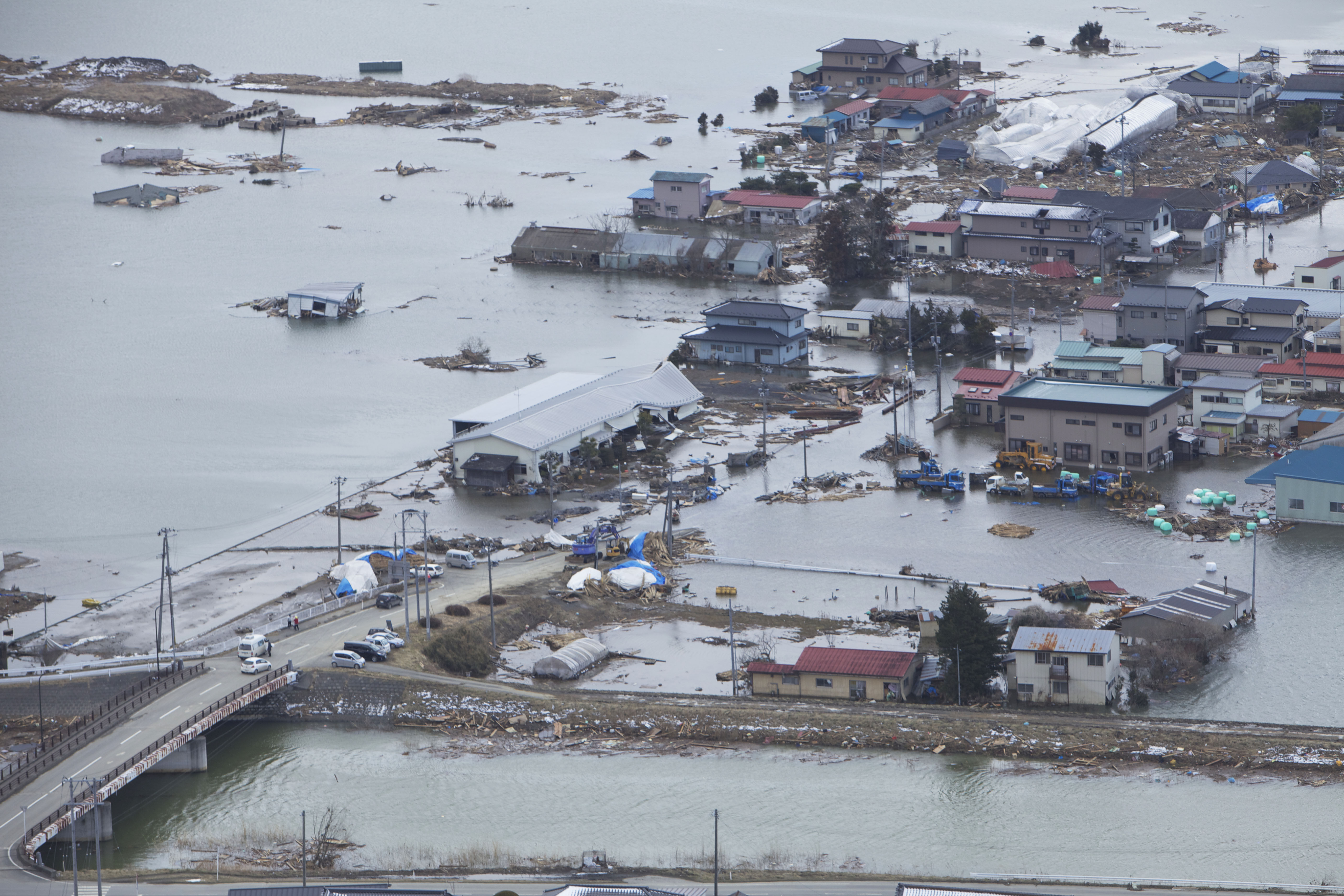National Identity and the Geo-Soul: Spiritually Mapping Siam
By Jacob I. Ricks
Volume 8, Issue 1, pages 120-141
Abstract
This paper investigates the re-centring of religious identity within the geo-body in the developing world through the case study of Thailand, formerly Siam. Although by 1932, monarchic rule and colonial powers had demarcated the ‘geo-body’ of Siam, the national soul was not yet fully cultivated. After the fall of the absolute monarchy, Prime Minister Phibunsongkhram sought to mould the religio-national identity of Thailand until the religious community’s borders coincided with those of the nation-state. One focus of nationalist leaders’ efforts was the adaptation and promotion of Buddhist temples throughout the state. These temples became markers of both geographic and cosmological space, serving to infuse the geographic body with a religio-national soul. Thus, the nationalism that developed embraced the fusion of the religious identity with the national identity.
Read the full article here.





